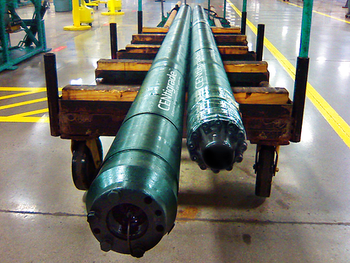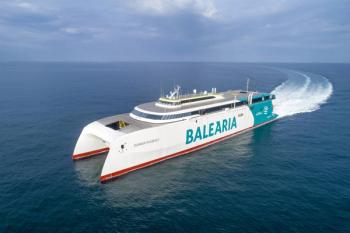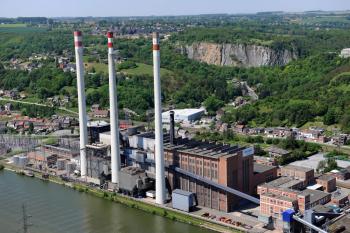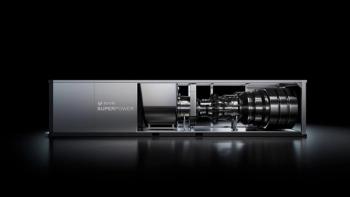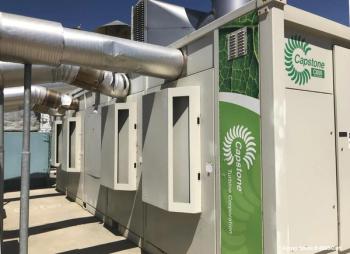
ENGIE Acquires Biomethane Production Facility in Belgium
The plant will convert from cogeneration of heat and electricity to injecting biomethane into the local gas network in Belgium’s Flemish region.
ENGIE, to increase its biomethane production capacity in Europe, acquired a new biomethane production unit in Belgium. Following recent acquisitions in England and the Netherlands, this purchase from the Schelfhout family aligns with ENGIE’s objective of establishing a European production platform to accelerate development in the biomethane sector.
“This new acquisition is a concrete illustration of ENGIE's accelerating strategy in renewable gases, which are essential to the energy transition and the decarbonization of the European economy,” said Cécile Prévieu, Executive Vice President of ENGIE’s Networks. “It strengthens ENGIE's position by establishing a foothold in a fourth growth country for biomethane production in Europe, a renewable and local energy.”
The production plant is located in Bree—Belgium’s Flemish region—and has been operational since 2013 in cogeneration; specifically, the production of heat and electricity from biogas. This month, the plant will be converted to inject biomethane into the local gas network. It will have an annual biomethane production capacity of 68 GWh, equivalent to the yearly consumption of 6,000 households. The company currently maintains an annual biomethane production capacity of more than 1 TWh, with 22 units in France, two in the Netherlands, and four in the United Kingdom.
ENGIE News
In April 2024, the ENGIE Group announced the launch of its
CREOS Deutschland will develop 40 km of the pipeline in the German region and GRTgaz will manage the 50 km French section of mosaHYc. The converted hydrogen pipeline will interconnect the French and German towns of Völklingen, Perl, Bouzonville, Carling, and Saint Avold. The FID enables the launch of the administrative authorizations phase, followed by the construction and network conversion phases, with final commissioning planned for 2027.
mosaHYc will first be applied to a Saarland-based steelmaking site in Dillingen, Germany, operated by the Stahl Holding Saar group. The pipeline conversion project will boost the economic and industrial appeal of participating regions, as well as help both countries to meet their decarbonization targets in mobility and industry.
And, in November 2023, Ansaldo Energia completed the installation of MXL3 upgrade technology in GT26 gas turbines at
Following the upgrade, Maxima Centrale entered service with improved efficiency and significant CO2 emission reduction. The combustor is prepared for the combustion of hydrogen and may enable the future co-firing of hydrogen by up to 45% of volume flow. The MXL3 upgrade requires minimal replacement of gas turbine parts to maintain low-cost installation. At Maxima Centrale, the MXL3 was implemented into the plant’s water stream cycle with no replacements or upgrades to the existing hardware.
Newsletter
Power your knowledge with the latest in turbine technology, engineering advances, and energy solutions—subscribe to Turbomachinery International today.

